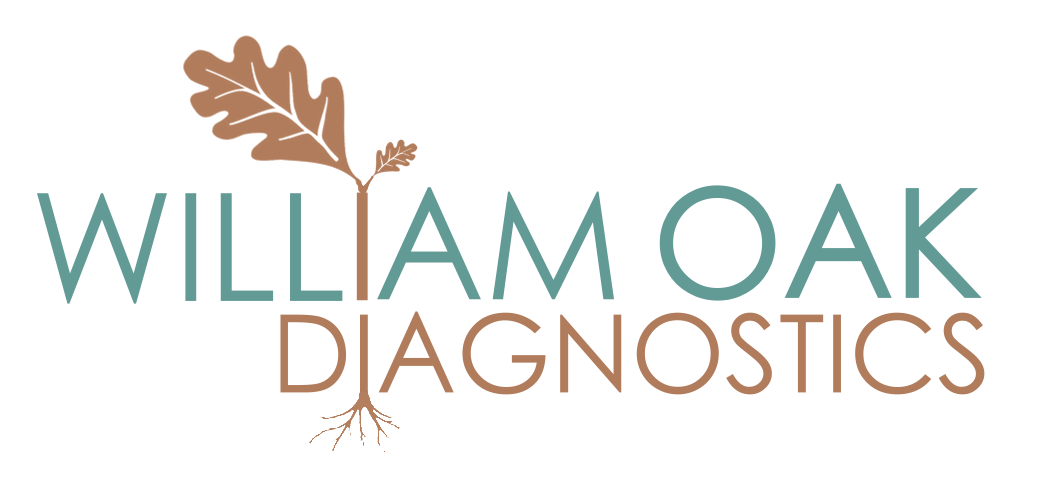Developing a Point-of-Care Diagnostic Test for Vitamin K Deficiency in Newborns: Success with NIHR i4i FAST-Funded Project
Our team from the University of Cambridge, has been successful in receiving funding from the National Institute for Health Research (NIHR) Invention for Innovation (i4i) program for our project called "A point-of-care diagnostic for vitamin K deficiency in neonates." This project aims to develop a test to detect vitamin K deficiency in newborn babies at high risk of the condition, which can prevent internal bleeding that could lead to death and permanent disabilities.
Vitamin K is a vital nutrient that plays a critical role in blood clotting. Newborn babies are particularly susceptible to vitamin K deficiency because they are born with very low levels of the vitamin and their gut bacteria, which are responsible for producing vitamin K, are not fully developed. Without adequate levels of vitamin K, newborns are at high risk of developing vitamin K deficiency bleeding (VKDB), a rare but potentially life-threatening condition.
This project seeks to develop a point-of-care diagnostic tool that can identify vitamin K deficiency in newborns at high risk of VKDB. By identifying babies with vitamin K deficiency early, healthcare professionals can take steps to prevent VKDB, such as administering vitamin K supplements or other interventions.
